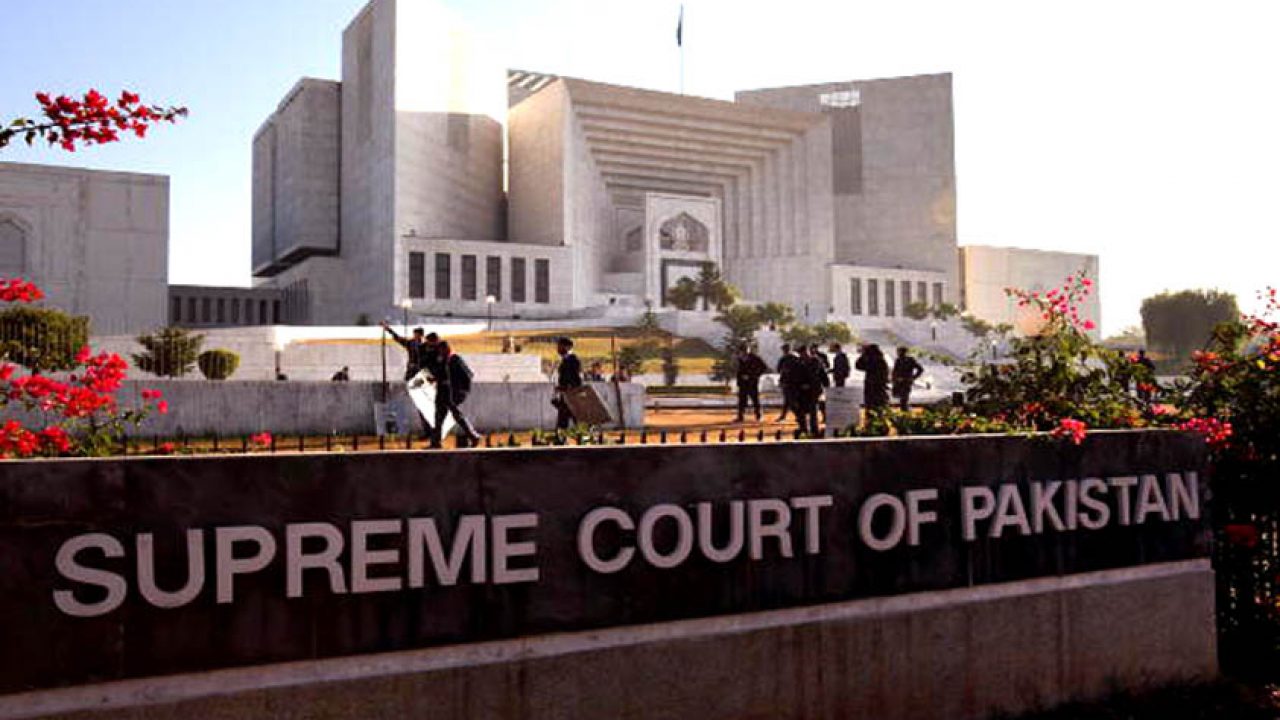
The 2024 Supreme Court Practice and Procedure Amendment introduces key reforms aimed at enhancing judicial transparency and fairness in Pakistan. By enforcing a “first come, first served” system for case scheduling and allowing the Chief Justice to appoint committee members, this amendment decentralizes power, eliminates political biases, and ensures accountability through public court transcripts. These critical reforms strengthen the judiciary, promote justice, and help reduce case backlogs in higher courts.
Key Developments in Judicial Reform
The 2024 amendments to Pakistan’s Supreme Court Practice and Procedure Ordinance represent a crucial development aimed at reforming the judicial system. These changes, particularly in how cases are listed and judicial powers are distributed, mark a significant step toward enhancing transparency and addressing concerns about judicial efficiency. By ensuring a more structured and fair system, the amendments are designed to streamline judicial processes and reinforce the core principle of equality before the law.
Restructuring the Practice and Procedure Committee
One of the key aspects of this ordinance is the restructuring of the Supreme Court’s Practice and Procedure Committee. The new amendment grants the Chief Justice of Pakistan (CJP) the authority to appoint any judge as a member of the three-person committee. This provision breaks the previous monopoly held by the senior puisne judge and Justice Munib Akhtar, thereby ensuring a more balanced and impartial distribution of power within the judiciary. The reform directly addresses long-standing concerns about undue influence and biases that could potentially affect the management of cases in the Supreme Court. By decentralizing control, it allows for greater fairness and transparency in how cases are handled.
Introducing Checks and Balances
This restructuring is not just about breaking monopolies; it also introduces a much-needed system of checks and balances. Previously, the senior puisne judge had significant control over which cases were prioritized, leading to concerns that politically significant cases were fast-tracked while others were delayed indefinitely. This practice eroded public trust in the judiciary, with many believing that the courts were influenced by political considerations. By granting the CJP the power to appoint committee members, the amendments aim to distribute judicial responsibilities more evenly, making the entire system more accountable.
Fair Scheduling of Cases
Another major highlight of the ordinance is the introduction of the “first come, first served” principle for scheduling cases. This essential reform aims to eliminate any perceived manipulation of the cause list, where cases benefiting specific political figures were given undue precedence. By instituting this principle, the ordinance ensures that cases are heard in the order they are filed, thus providing a fair and unbiased system for litigants. This change is particularly important in light of the fact that thousands of cases are still pending in both the High Courts and the Supreme Court, some of which are small or meager in nature but are delayed as Suo Moto cases take precedence. With this reform, the judiciary will be able to clear backlogs more efficiently and ensure that justice is delivered in a timely manner.
Collaborative Efforts for Reform
In a recent press conference, Law Minister Azam Nazeer Tarar emphasized that judicial and legal reforms have long been part of both the PML-N manifesto and the Charter of Democracy, a document endorsed by multiple political parties since 2006. He revealed that the judicial reform committee, formed at the behest of Prime Minister Shehbaz Sharif, includes representatives from the PPP, bar councils, and other key stakeholders. The proposed reforms, shaped by bar council recommendations and coalition partner demands, aim to address long-standing judicial inefficiencies and establish constitutional courts to ensure the fair exercise of Articles 184, 186, and 199. While certain contentious proposals, such as the establishment of military courts, were removed following consultations, the overall reform package focuses on transparency, accountability, and performance evaluations for judges, signaling a significant shift toward a more robust and balanced judiciary in Pakistan.
Enhancing Judicial Transparency
In addition to these procedural improvements, the ordinance introduces a requirement for a complete transcript of court proceedings to be made available to the public. This measure is a step toward greater judicial transparency, ensuring that the actions of the courts are fully documented and accessible. This is especially important in a country where public perception of the judiciary is often shaped by a lack of clarity about court proceedings. By making these records available, the ordinance fosters a culture of accountability within the judiciary, allowing the public to observe and trust the processes that take place in the highest court of the land.
Safeguarding Judicial Independence
While some might view the increased powers of the CJP in appointing committee members as a centralization of authority, this argument overlooks the broader institutional safeguards introduced by the ordinance. The creation of transcripts, combined with the first-come, first-served principle, ensures that no individual judge can unduly influence the outcome of cases. These reforms are designed to enhance judicial independence while maintaining necessary checks on the power of any single individual within the judiciary.
Depoliticizing the Judiciary
The ordinance also carries significant political implications, particularly in its aim to depoliticize the judiciary. Over the years, there has been growing concern about certain judges aligning themselves with political factions, thus influencing key cases with far-reaching political consequences. The new amendments seek to prevent this by ensuring that the management of cases is guided solely by principles of justice and fairness. This will help restore public confidence in the judiciary, which has been undermined by perceptions of partisanship and political interference.
Conclusion: A Step Toward Accountability
Moreover, the timing of these reforms is critical. Pakistan’s judiciary has long been accused of being susceptible to external pressures, whether from political parties or other powerful entities. By introducing these amendments, the government is taking a decisive step to protect the independence of the judiciary and ensure that it operates free from undue influence. This move has been welcomed by many in the legal community, who see it as a necessary reform to uphold the rule of law in the country.
In light of these developments, it is also important to acknowledge the broader efforts of the legal community to support these reforms. The federal law minister, in consultation with representatives from the Pakistan Bar Council and the Supreme Court Bar Association, has emphasized that these amendments are aimed at improving access to justice for all citizens. This collaboration between the government and legal representatives is a positive sign that the reforms have been designed with input from a wide range of stakeholders, ensuring that they reflect the needs of the people and the legal community.
In conclusion, the Supreme Court Practice and Procedure Amendment Ordinance 2024 represents a bold and necessary step toward judicial reform in Pakistan. By restructuring the Practice and Procedure Committee, introducing the first-come, first-served principle, and mandating the availability of court transcripts, the ordinance strengthens the independence and transparency of the judiciary. These changes are vital for ensuring that the judiciary can operate without political influence, clear its massive backlog of cases, and provide justice fairly and efficiently. The ordinance paves the way for a more accountable and transparent judicial system, which is essential for the health of Pakistan’s democracy and the protection of its citizens’ rights.



















Leave a Reply